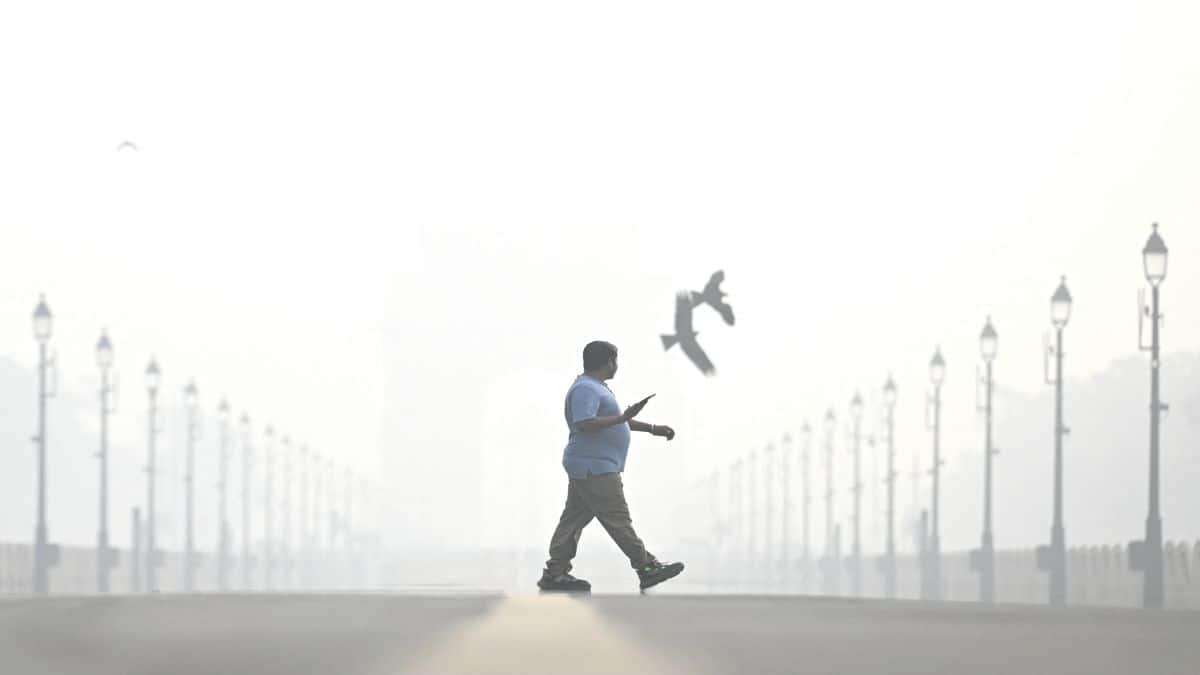Survivors of torture in Kashmir Part 2: 28 years later, Manzoor Ahmad Naikoo says he's been reduced to 'less than zero'
Safwat Zargar
• July 16, 2019, 15:23:13 IST
Mentions of Manzoor Ahmad Naikoo’s case in Jammu and Kashmir Coalition of Civil Society (JKCCS) report on torture crop up repeatedly.
Advertisement
Find us on YouTube

No rain in Delhi after cloud seeding trials. Why did the experiment flop?
Delhi conducted cloud seeding experiments to induce artificial rain and reduce pollution but saw no rain due to low moisture in clouds. Despite no rain, the cloud seeding trials led to a slight improvement in air quality, with PM2.5 and PM10 levels dropping in targeted areas. More cloud seeding experiments are planned, depending on atmospheric conditions, to further address Delhi's pollution issues.
More Impact Shorts

)
)
)
)
)
)
)
)



